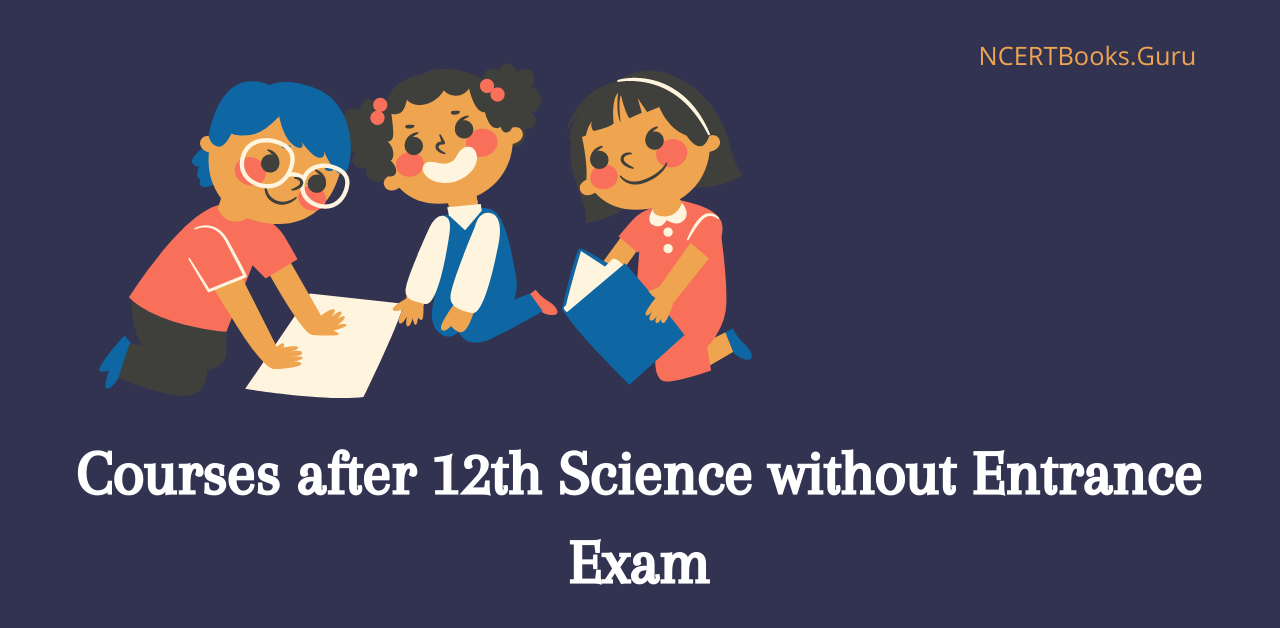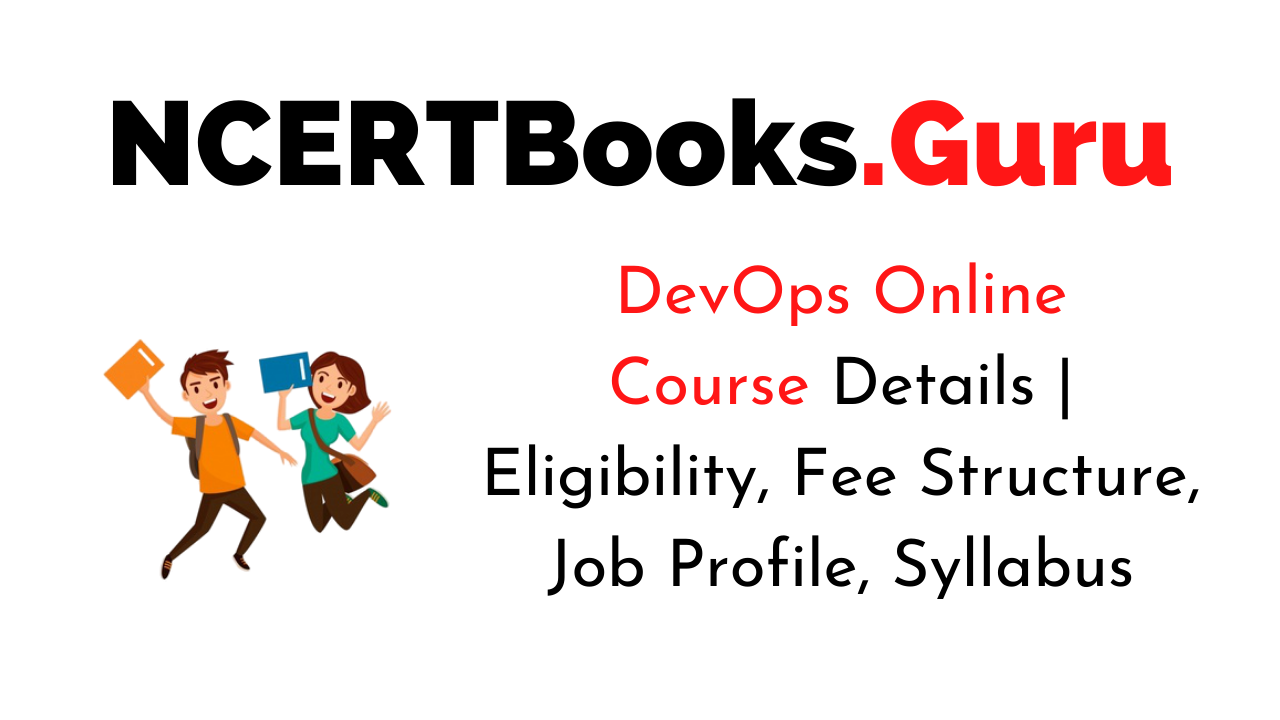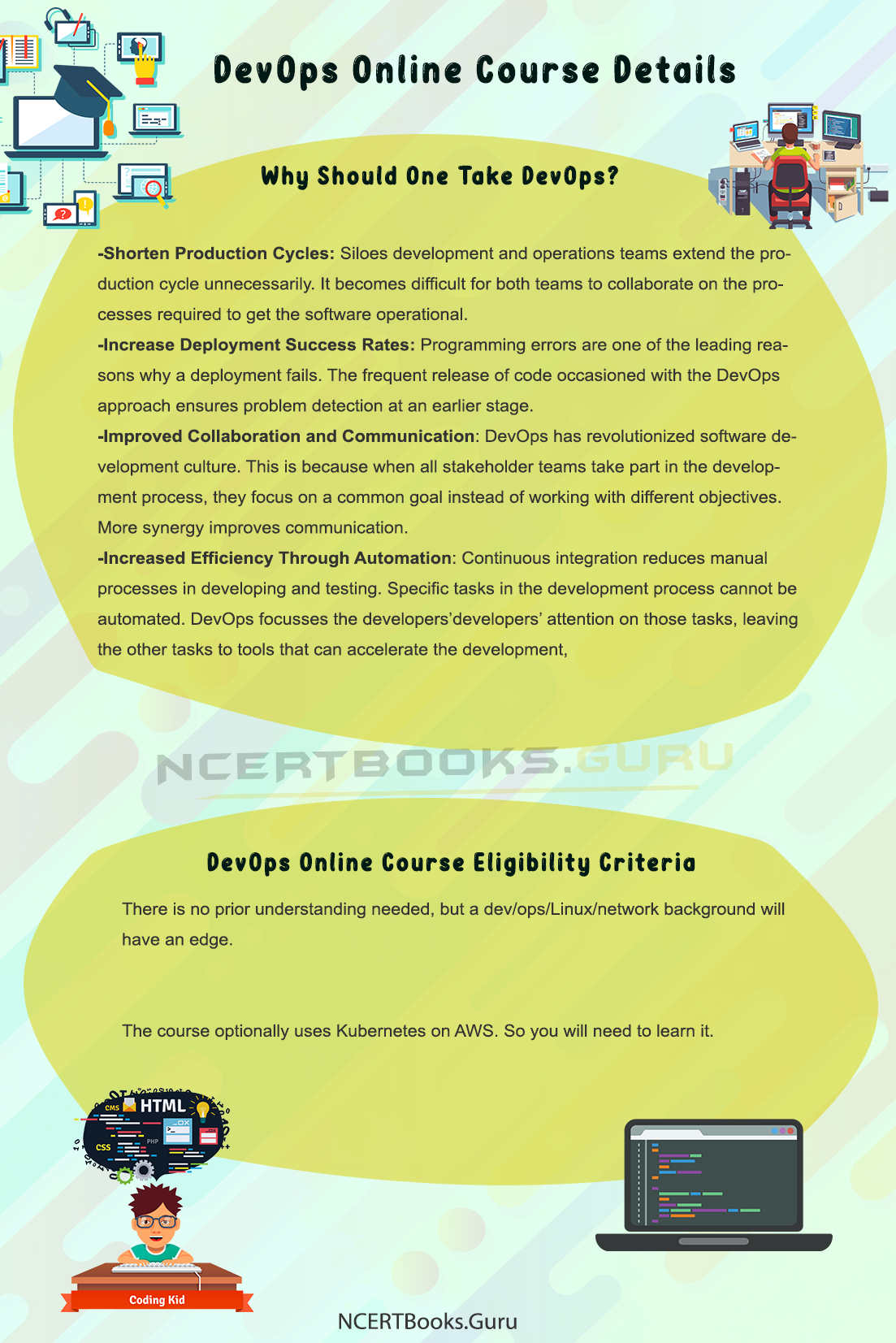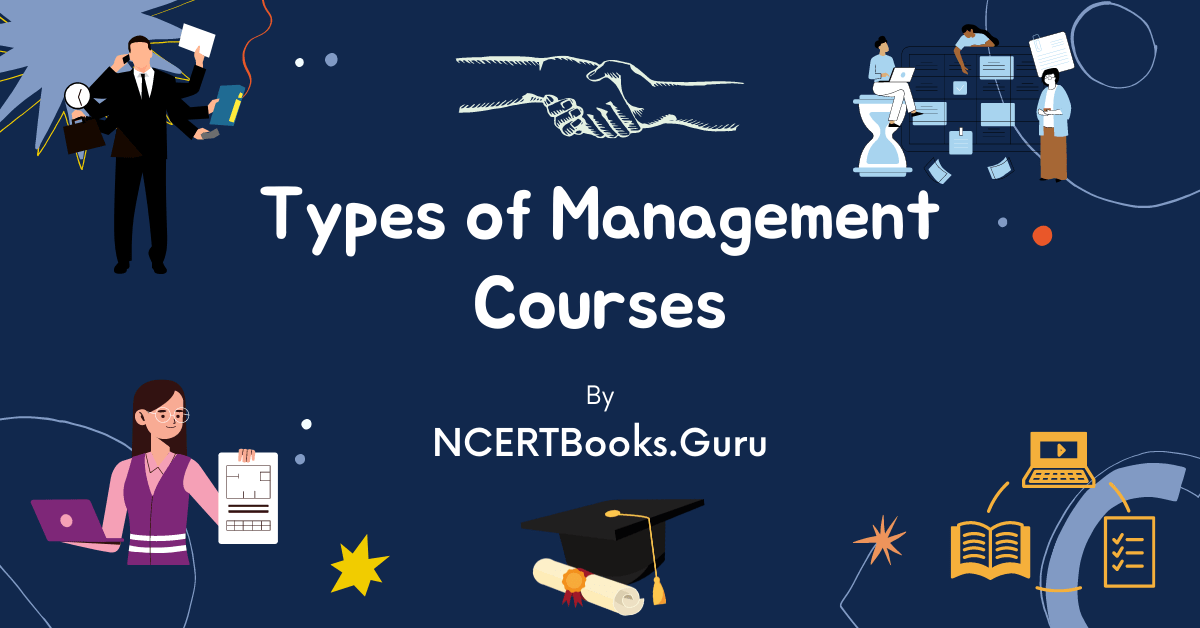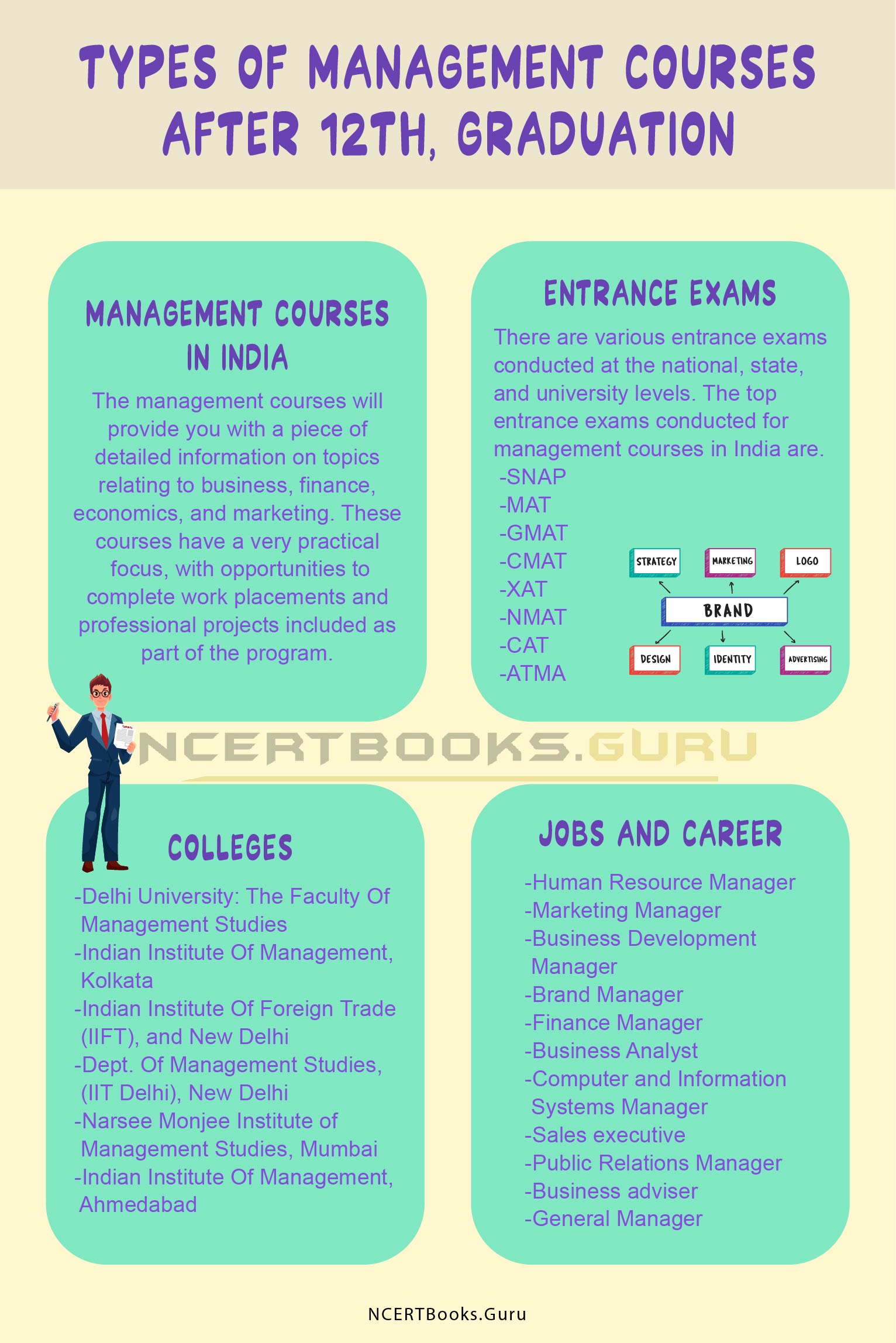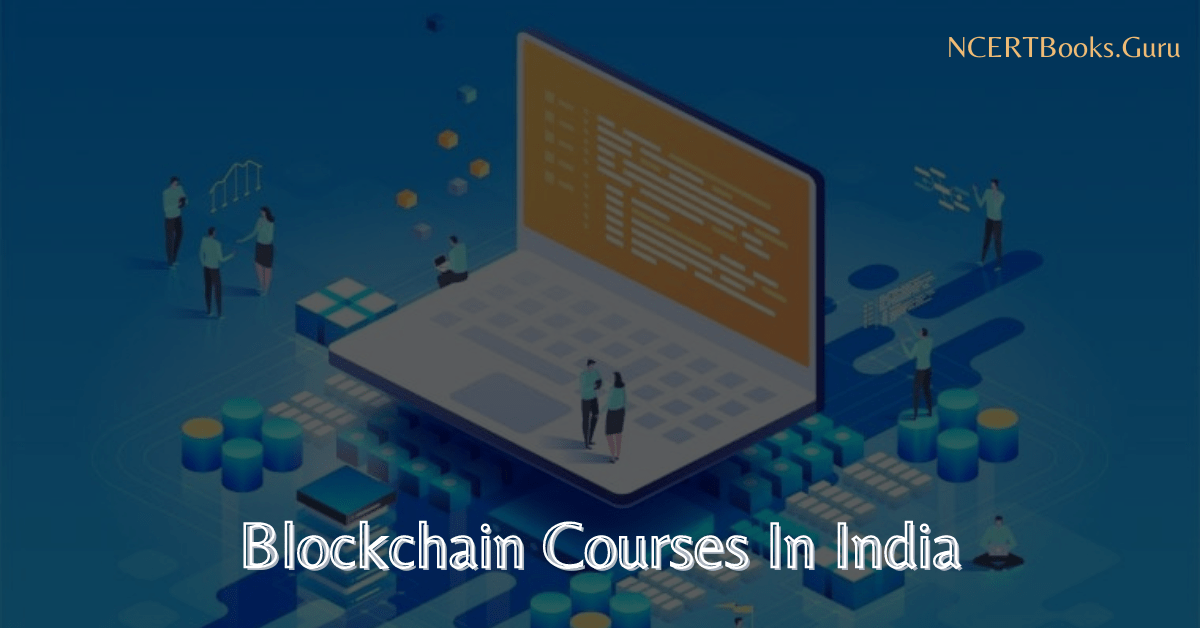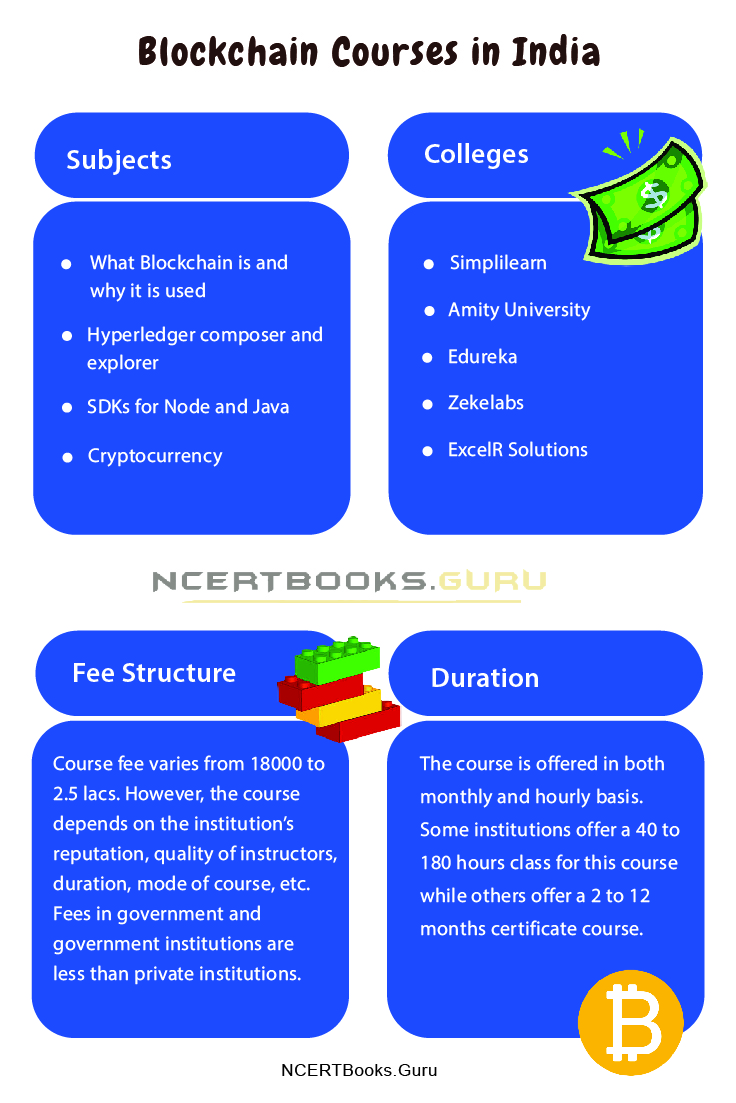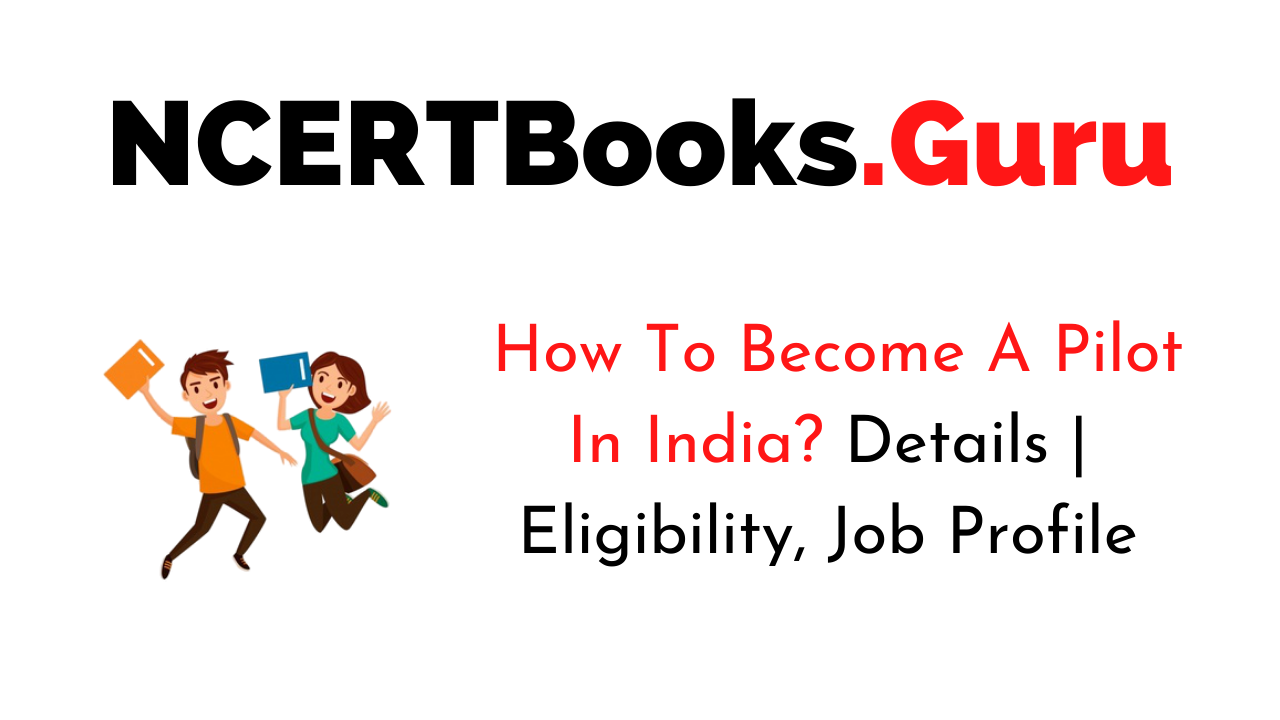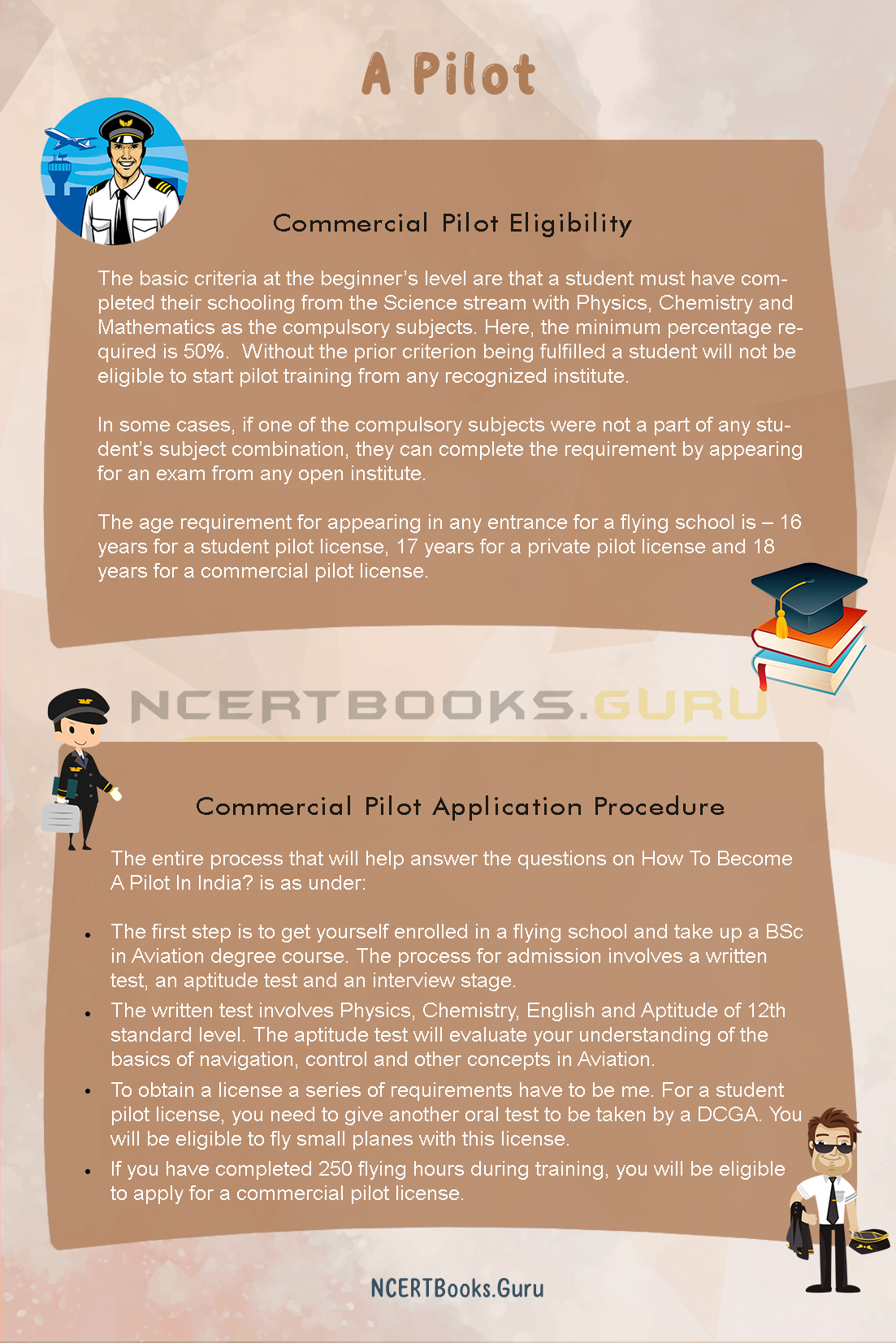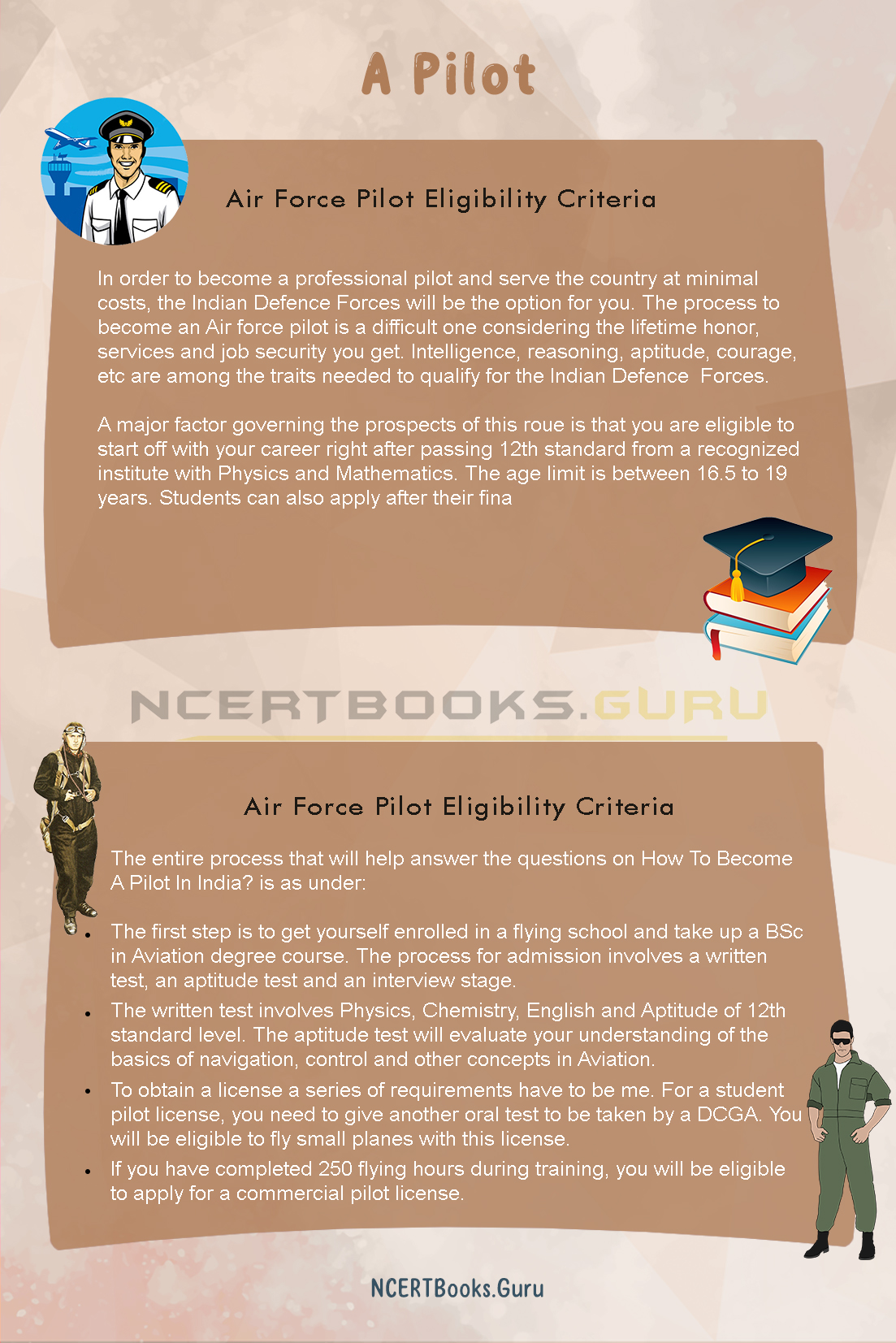Courses After 12th Science Without Entrance Exam: Hey, do you belong to the science stream and want to enroll in a good course after class 12? Yes, engineering and medicine are not the only options. You will get a plethora of other courses which you can pursue without appearing for any entrance exams.
Your class 12 grades are enough for you to pursue good science courses. All of them are equally rewarding. It all depends on the science course you want to pursue for your future. Let us walk you through all such courses.
- Why Pursue Courses After 12th Science Without Entrance Exam?
- Bachelor of Science (B.Sc) Courses after 12th Science without Entrance Exam
- Bachelor of Business Administration (BBA) Courses after 12th Science without Entrance Exam
- Bachelor of Computer Applications(BCA) Courses after 12th science without entrance exam
- Medical Courses after 12th Science Without Entrance Exam
- Which are the courses after 12 sciences that don’t need an entrance exam?
- Which is the easiest course after 12th science?
- Which medical course is best without NEET?
Why Pursue Courses After 12th Science Without Entrance Exam?
There are a lot of options for students to opt for after class 12 science. Appearing for entrance exams is not always compulsory. General science courses as well as various other graduate degrees don’t require entrance exams and provide good job placements and scopes for higher education.
Bachelor of Science (B.Sc) Courses after 12th Science without Entrance Exam
In the world of engineering and MBBS, B.Sc has not lost its sheen and will never lose it. Candidates with strong interests in science should go for B.Sc courses. The duration of B.Sc courses is mostly 3 years. Popular B.Sc Courses are
- B.Sc Chemistry
- B.Sc Physics
- B.Sc Mathematics
- B.Sc Botany
- B.Sc Zoology
- B.Sc Computer Science
- B.Sc Biotechnology
- B.Sc Microbiology
- B.Sc Agriculture
- B.Sc Economics
Do Check: List of Software Engineering Courses After 12th
Bachelor of Science (B.Sc) Eligibility
B.Sc courses require students to secure a minimum of 50% in 10+2 exams. Also, eligibility for different courses varies. Some courses can be taken up by students from the 12th Science Biology group while some can be pursued by students from mathematics backgrounds. Some courses can be taken up irrespective of the subjects. Needless to mention, top colleges have soaring cut-offs.
Bachelor of Science (B.Sc) Career Options
A B.Sc graduate can go for higher education (M.Sc). Top colleges also offer direct campus placements. A degree in B.Sc eventually provides great employment opportunities in the research and development field. Other popular employment sectors for B.Sc graduates are Educational Institutes, Pharmaceuticals and Biotechnology Industry, Space Research Institutes, etc.
Additionally, students can also sit for government jobs.
Bachelor of Science (B.Sc): Top Colleges
Top colleges differ for different streams. The below-mentioned are some renowned colleges offering B.Sc degrees
- St Stephen’s College, New Delhi
- Hansraj College, Delhi.
- Lady Sriram College for Women, Delhi
- Loyola College, Chennai
- St. Xavier’s College, Kolkata
- Miranda House, Delhi
- Christ University, Bangalore
- Hindu College, Delhi
- Ramjas College, Delhi
- Presidency University, Kolkata
Bachelor of Business Administration (BBA) Courses after 12th Science without Entrance Exam
BBA is also a 3-year undergraduate program. The course prepares students in business administration and management. Thus, if you want to pursue a career in management, BBA is the right course.
While some colleges conduct entrance exams, most of the colleges admit students on the basis of merit. These colleges may also conduct group discussion (GD) or personal interview (PI) rounds.
Bachelor of Business Administration (BBA): Eligibility Criteria
Candidates must pass their class 12 exams from a recognized institute with a minimum of 50%.
Also Refer: BBA LLB Course Details
Bachelor of Business Administration (BBA): Top Colleges
- Mount Carmel College, Bangalore
- NSHM Knowledge Campus, Kolkata
- ICFAI Business School, Hyderabad
- UEI Global, Pune
- Loyola College, Chennai
Bachelor of Business Administration (BBA): Career Options
A BBA graduate may easily find jobs in the private sector, for example, in the sales and marketing sector. Average starting salaries of BBA Graduates range from Rs 2-3 Lakhs per annum. Mostly, they specialize in management and take up the MBA course.
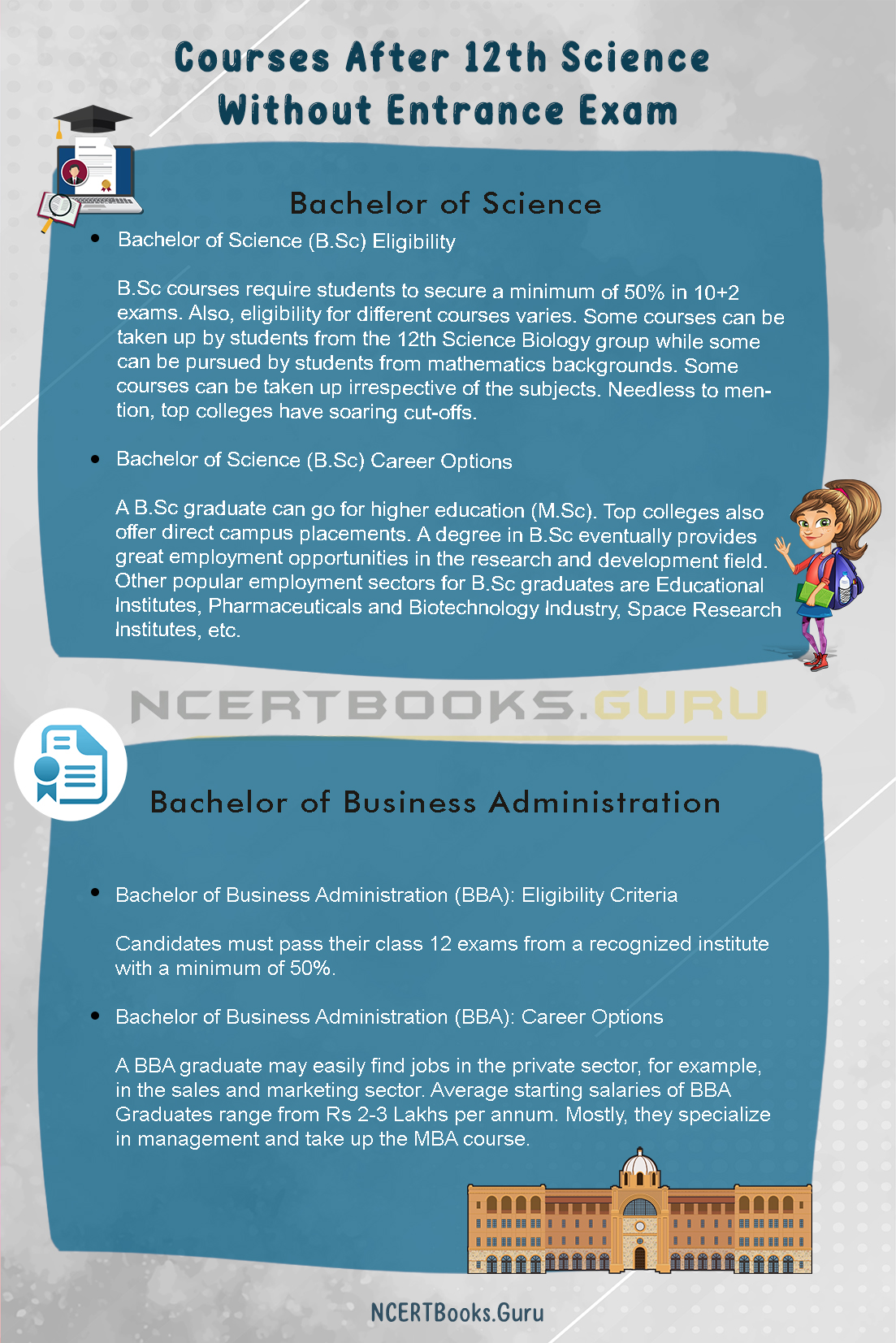
Bachelor of Computer Applications(BCA) Courses after 12th science without entrance exam
In most Indian colleges, BCA admission is done directly based on the merit list. BCA is a very popular bachelor’s degree course with a duration of 3 years and a very good alternative to B.Tech.
Bachelor of Computer Applications (BCA): Eligibility
A student must complete his/her class 12 exams with a minimum of 50-55% to become eligible for BCA courses in colleges.
Bachelor of Computer Applications (BCA): Top Colleges
- Institute of Management Studies (IMS), Noida
- Birla Institute Of Technology (BIT Mesra)
- Loyola College, Chennai
- Madras Christian College (MCC Madras), Chennai
Bachelor of Computer Applications (BCA): Career Options
BCA graduates can either go for MCA or other master’s courses to avail of higher education. Alternatively, BCA colleges provide campus placements in IT sectors.
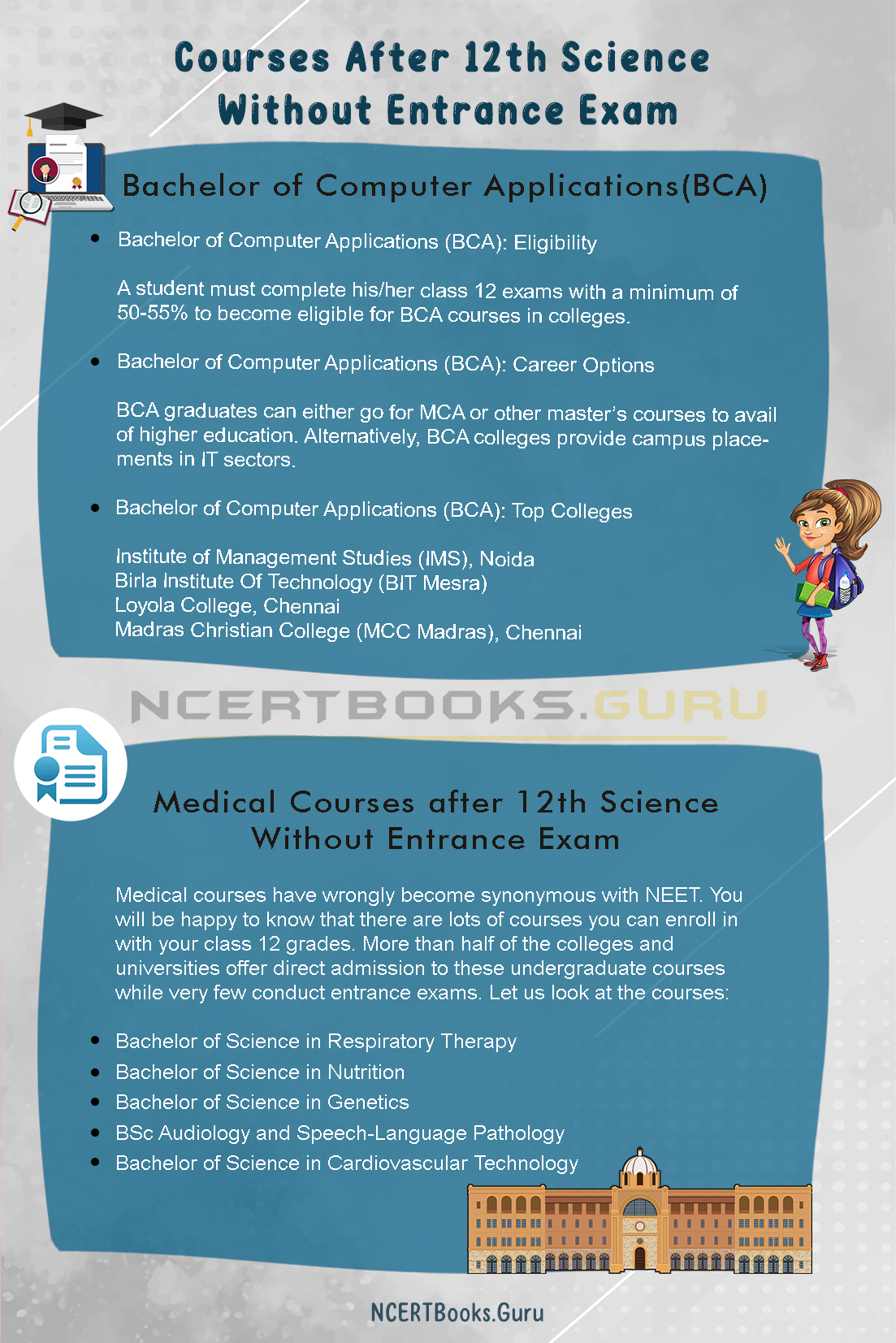
Medical Courses after 12th Science Without Entrance Exam
Medical courses have wrongly become synonymous with NEET. You will be happy to know that there are lots of courses you can enroll in with your class 12 grades. More than half of the colleges and universities offer direct admission to these undergraduate courses while very few conduct entrance exams. Let us look at the courses:
- Bachelor of Science in Respiratory Therapy
- Bachelor of Science in Nutrition
- Bachelor of Science in Genetics
- BSc Audiology and Speech-Language Pathology
- Bachelor of Science in Cardiovascular Technology
FAQs on Courses After 12th Science Without Entrance Exam
1. Which are the courses after 12 sciences that don’t need an entrance exam?
There are various general science B.Sc courses, BCA. medical courses and BBA that you can pursue without appealing for entrance exams.
2. Which is the easiest course after 12th science?
There is nothing as easy or difficult. It all depends on your interest and knack for the subject. Go through the above-mentioned courses to select the right course for you.
3. Which medical course is best without NEET?
Various medical courses like B.Sc in Nutrition, Genetics, Respiratory therapy, Cardiovascular Technology, etc. are good career choices.
Conclusion
Thus, if you want to carve a good career path in the science stream, without appearing for any entrance exam after class 12 exams, you have plenty of options. We hope we could help you by giving detailed information about science courses without entrance exams. For more updates check out NCERTBooks.Guru
